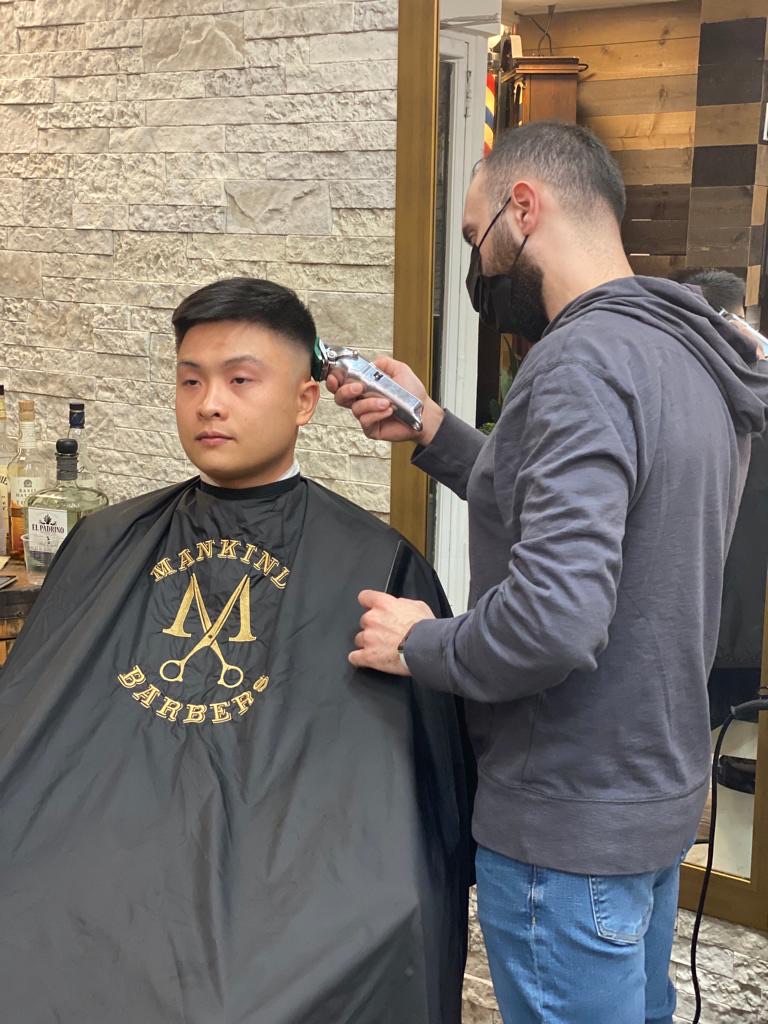Frequently Asked Questions
Men with oily hair should consider shampoos that contain clarifying ingredients like salicylic acid and tea tree oil, which effectively target excess sebum production and help maintain a balanced scalp environment. Formulations enriched with charcoal or clay can also absorb impurities and reduce greasiness while promoting a clean, refreshed feeling. Citrus-based extracts such as lemon or grapefruit are beneficial for their natural astringent properties, further helping to control oil levels. Additionally, incorporating menthol provides an invigorating cooling sensation that stimulates the scalp circulation. Finally, sulfate-free options are preferable to prevent over-drying while ensuring thorough cleansing of oily residues without stripping essential moisture from the hair follicles.
Men seeking a shampoo that effectively combats dandruff while maintaining scalp hydration should look for formulations containing key active ingredients like ketoconazole, zinc pyrithione, or salicylic acid, which target the underlying causes of flaking and itchiness. It is essential to choose sulfate-free options enriched with moisturizing agents such as aloe vera, glycerin, or natural oils like jojoba or argan oil to prevent excessive dryness. Additionally, selecting shampoos labeled as “sensitive” can help avoid irritation from harsh chemicals. Men may also benefit from products featuring anti-inflammatory botanical extracts like chamomile or tea tree oil to soothe the scalp and promote overall skin health without exacerbating dryness. Regular use of such balanced formulas will not only alleviate dandruff but also ensure that the scalp remains nourished and hydrated over time.
Men with color-treated hair should seek shampoos specifically formulated to protect and enhance their vibrant hues while minimizing fading. Look for sulfate-free options, as sulfates can strip away essential oils and lead to premature color loss. Ingredients such as argan oil, jojoba oil, or coconut oil provide deep hydration and nourishment, helping maintain the integrity of chemically treated strands. Additionally, UV filters are crucial in shielding the hair from harmful sun rays that can cause discoloration over time. Men should also consider pH-balanced formulas that preserve moisture levels without causing dryness or brittleness. Antioxidants like vitamin E can further support longevity by preventing oxidative damage from environmental stressors. Finally, keratin-infused shampoos may help reinforce weakened shafts due to frequent coloring processes, ensuring a healthier appearance overall.
For men experiencing thinning or receding hairlines, specific shampoos formulated with active ingredients can effectively address these concerns. Products containing minoxidil are commonly recommended as they promote hair growth and improve scalp health by increasing blood circulation to the follicles. DHT-blocking components like saw palmetto extract may also be beneficial, as they help prevent androgenetic alopecia by inhibiting dihydrotestosterone's harmful effects on hair strands. Additionally, shampoos enriched with biotin and keratin provide essential vitamins that strengthen existing hair while nourishing the scalp for optimal conditions conducive to regrowth. Natural extracts such as ginseng or green tea can further enhance follicular vitality and combat oxidative stress, making them ideal choices for those seeking to mitigate male pattern baldness effectively.
The choice of shampoo for men's hair can be significantly influenced by the type of water used during washing, particularly distinguishing between hard and soft water. Hard water contains high levels of minerals such as calcium and magnesium, which can lead to mineral buildup on both the scalp and hair strands, often resulting in a dull appearance or difficulty in achieving lather with traditional shampoos. Consequently, men using hard water may benefit from clarifying shampoos that are formulated to remove residues while incorporating chelating agents that bind to these minerals. In contrast, soft water has fewer impurities and allows for better sudsing action; therefore, men might opt for moisturizing or hydrating shampoos designed to enhance natural oils without stripping away essential moisture. Additionally, those with sensitive scalps should consider sulfate-free options tailored specifically for their hair type—whether it is thick, thin, curly or straight—to ensure optimal cleanliness without exacerbating issues like dryness or irritation caused by harsh chemicals reacting poorly with hard-water elements. Ultimately, understanding the chemistry of one's local water supply enables more informed decisions regarding suitable shampoo formulations tailored to individual needs based on varying hardness levels.

